Business Debt Vs. Personal Debt: Know The Difference
Debtors filing for bankruptcy have basically two types of debt: consumer debts and non-consumer debts (aka business debts). If you’re considering a bankruptcy filing, it’s important to know the difference between a consumer debt and a business debt because it will impact your case.
What Is A Consumer Debt?
A consumer debt is any debt you voluntarily incur to pay for personal, family or household expenses. For example, buying a gaming console would be a consumer debt if that console was used to entertain your kids or other family members and friends. However, if the gaming console was purchased for an arcade business, it would be considered a business debt according bankruptcy rules.
What Is A Business Debt?
A business debt is any debt that is not a consumer debt. So, a business debt could technically be a debt that isn’t specifically for a business but that doesn’t fall under the consumer debt category. For example, in most jurisdictions, medical debt is not considered a consumer debt—it’s considered a non-consumer debt so it would technically fall under the business debt category. Also, income taxes are not considered consumer debts, and this is an important consideration when filing for bankruptcy because the amount of consumer debt you have will impact your ability for file certain types of bankruptcy.
Below are a few more examples of what is considered non-consumer or business debt in bankruptcy:
Personal guarantees. Even if you personally guaranteed a business debt such as a loan, it would still be classified as a business debt in bankruptcy.
Some credit card debt. If you have a personal credit card you used for business, the funds that were used for business may be considered business debts in bankruptcy. You must provide documentation to prove that the money you charged on the personal credit card was used for business expenses.
Car loans. If you took out a loan for a vehicle you only used for business, that debt would be considered a business debt in bankruptcy.
It’s important to note that if you took about a personal loan for an item and then used that item later for business, it would NOT qualify as a business debt in bankruptcy.
It can become complicated to determine which debts are consumer and which are business so it’s important to work with a qualified bankruptcy attorney to help you figure that out.
Debt Type Impacts The Means Test
If you’re filing bankruptcy as a consumer debtor, you may be required to take the means test to determine if you qualify for Chapter 7 bankruptcy. But business debtors are not required to take the means test. The bankruptcy courts have determined that a business debtor is anyone whose business debts equal more than half of their debts. But in some jurisdictions, not only must the dollar amount of your business debt equal more than half of your consumer debt but the number of business debts must be more than half of consumer debts. If you want to know if you qualify to file bankruptcy as a business debtor, speak to a bankruptcy attorney today.


